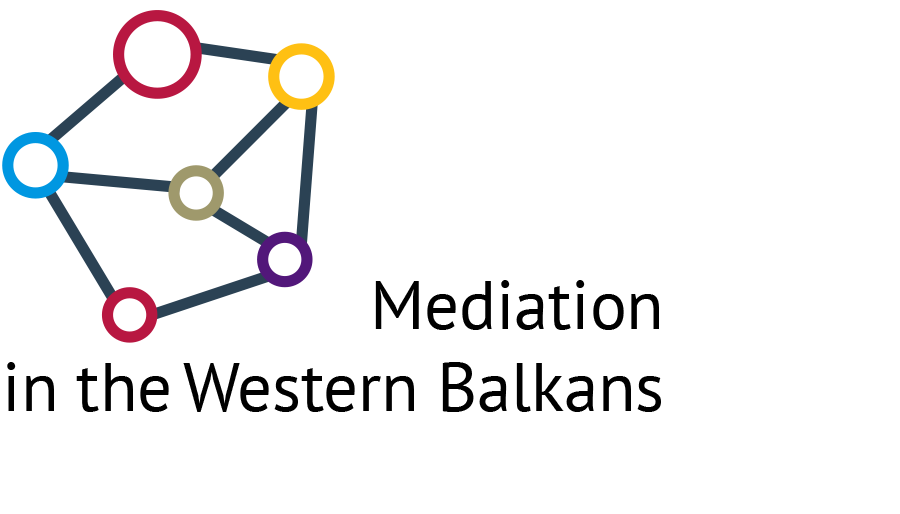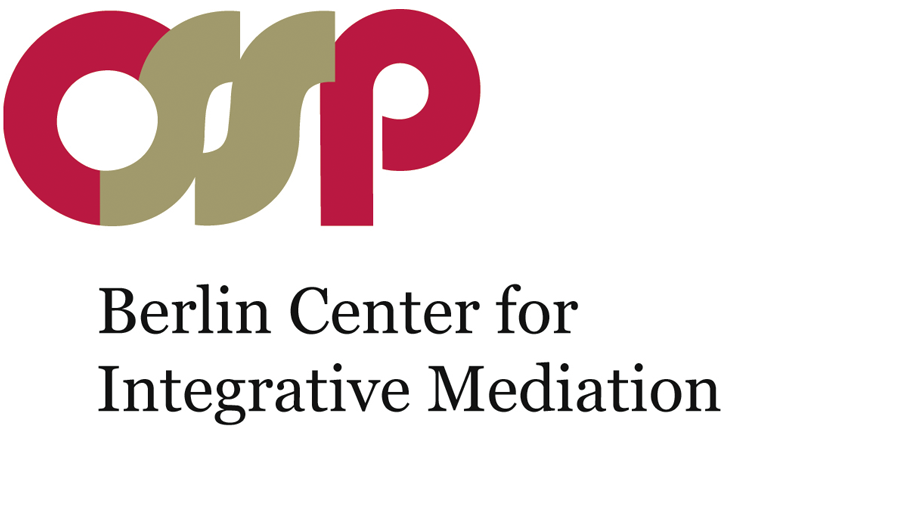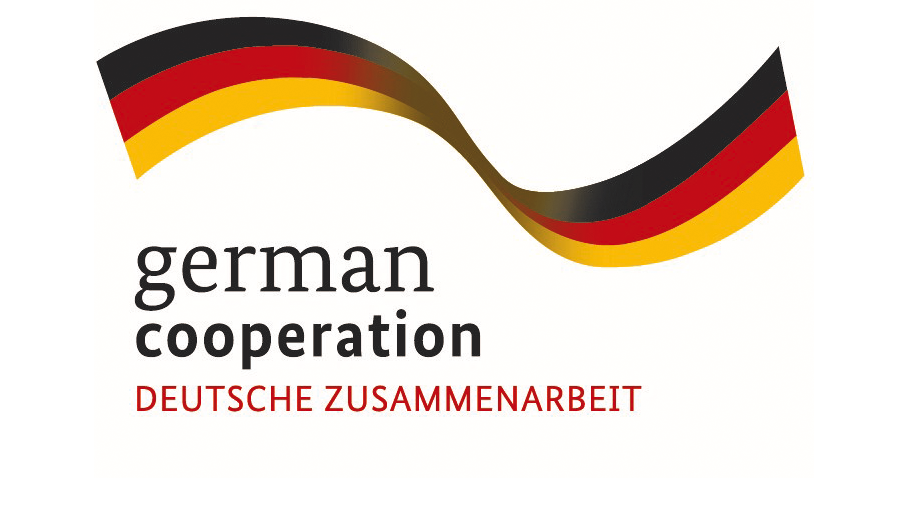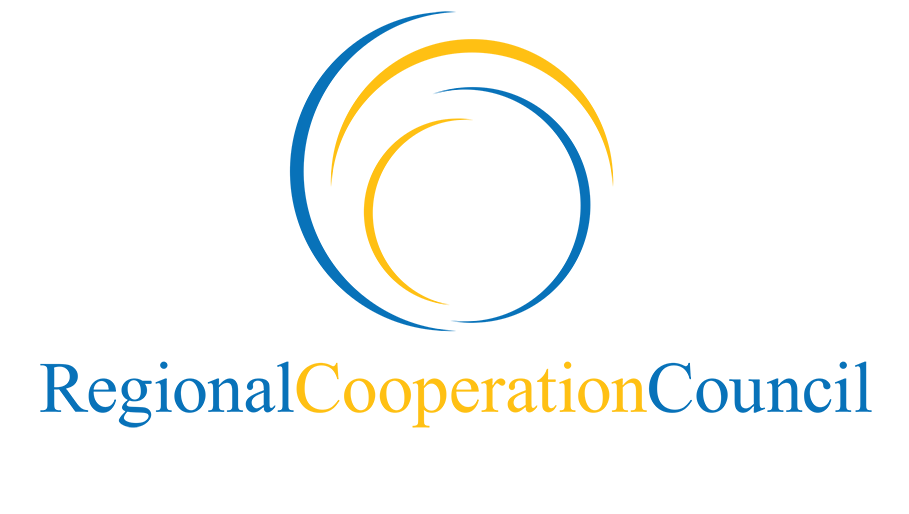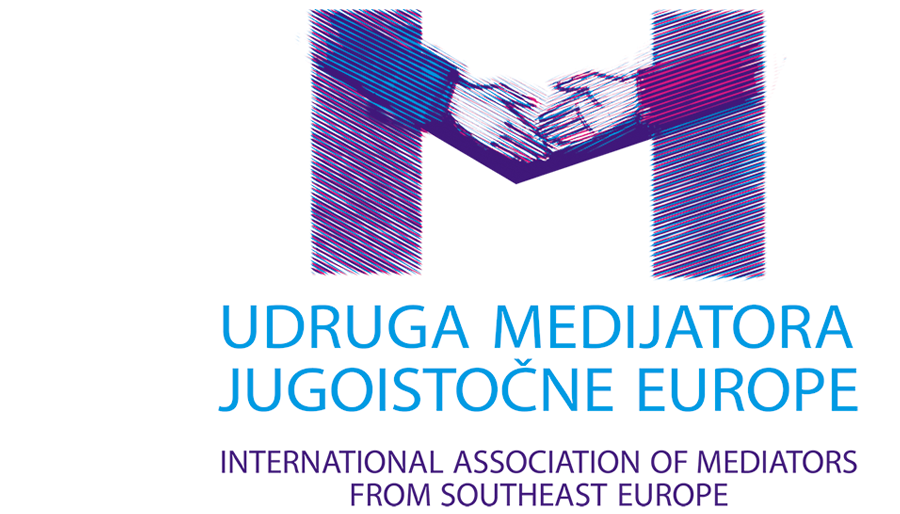Introduction
The mediation procedure introduced to the judiciary system of Federation of Bosnia and Herzegovina 16 years ago ensures benefits for the citizens that are parties in a dispute, as well as for the judges in their role of initiators and decision makers for the implementation of mediation.
This text aims at putting the focus on the impact of mediation on the judicial bodies and the judiciary as a whole from the point of view of the Ministry of Justice, that in cooperation with the courts, the High Judicial and Prosecutorial Councils plans, proposes and, on one side, ensures the courts’ funding from the cantonal budgets, on the other ensures the legality of the courts’ expenditures.
In the experience of other countries, it has been proven that the implementation of mediation had a beneficial effects on the reduction of courts’ administrative costs and on supporting the judiciary achieving its goals, as well as on creating a cheaper and more efficient judiciary system. The task of government administration is to make this initial result visible to the wider public with the aim of increasing the use of mediation. To reach this goal, it is important to bring further light on:
- The positive economic impact on the general courts’ costs when mediation is applied;
- The impact of the size of budget of the court on the quality of judicial services that the courts provide the citizens with and that the citizens pay through their taxes.
- The impact of quality of judicial services to the degree of trust of citizens in the judicial system, which is a very important factor for the functioning and stability of any state.
- The interest for the public administration on the control (and increase) of the efficiency of the judiciary system, a topic recently became of competence of the Office for Audit of the FBiH.
With all the mentioned reasons in mind, the Ministry of Judiciary of Herzegovina-Neretva Canton organized several seminars for judges and presidents of the canton’s courts to stress the importance and benefits of mediation. One of the agreements reached back then was that the judges called to answer lawsuits would encourage the parties to recur to mediation.
Nevertheless, the efforts of the Ministry did not yield results and the statistics today show that in HN Canton’s courts, in the last five years, almost no case was solved through mediation.
The previous B&H Judicial Sector Development Strategy (SRSP) and the Action Plan of the Strategy contained initiatives aimed at enticing courts to recurring to mediation and follow the mediation procedure, all with the idea of encouraging the acceptance of mediation courts and judges’, considered the main actors able to promote mediation among the citizen and raise awareness on its benefits.
Accomplishing such goal is one of the ways to positively influence the reputation of judiciary and to reclaim the trust of citizens in its work.
Moreover, if we agree that there is a wider social benefit in applying mediation, and that there is a general lack of using it as a trusted instrument to solve disputes, then we have to seriously research the cause of such situation in the judiciary of Bosnia and Herzegovina.
While keeping in mind that that the success of the recourse to mediation depends on many objective factors, we should not disregard the impact of the personal attitude of certain actors whose income would be affected by a reduction of the courts’ operating costs.
- Budgets of courts and mediation – mutual influence
Benefits of mediation for the different actors in the court process:
Judges – The agreement reached between the parties in mediation is counted into the judges’ norm, leaving the time to the judge to deal with other cases, maintaining or even increasing the judges’ norm.
Parties – Reaching the agreement with the mediator is much quicker than an average court procedure and the costs for the parties are lower. The aim of the lawsuit is accomplished and the agreement on mediation is legally binding.
Court – The duration of the court procedure is shortened; the costs of court procedure, on all basis, are lowered; judges are left with more space to deal with the backlog and the number of old cases in courts decreases; the breech of deadlines of court procedures is reduced: this leads to a reduction of damages compensation to the parties and, therefore, a reduction of the expenses of the HN Canton; also, appeals for of unsatisfied citizens for courts’ delays decrease.
Execution of agreement: since mediation is voluntary, it increases the prospects of voluntary execution of the agreement and decreases the need for the proposed execution of court decision, which leads to decrease of backlog in the Court Department of Executive Procedure.
Building of culture of peaceful conflict resolution: increase of use of mediation in the future can contribute definitely to a minor flow of cases to the court.
- Analysis of causes of lack of use of mediation
The reasons of the lack of wider use of mediation (despite from mentioned benefits) in the courts of Herzegovina-Neretva Canton can be sought in:
- Lack of awareness of judges and the judicial administration on the manner of financing courts, and on the budget from which all segments of the social community are financed.
- Responsibilities for spending public money and the obligation to protect the budget are wrongly subsumed under the independence of the judiciary. The prevailing uncritical opinion is that the court must cover all the costs it seeks, that any question regarding the huge costs of the courts is an interference with the independence of the judiciary
- The principle of cost-effectiveness in conducting court proceedings, ie insufficient focus on the principle of cost-effectiveness as one of the important principles. It may be necessary for the president of the court to pay more attention to the application of the principle of cost-effectiveness.
- Tradition of litigation and threatening each other with lawsuits. Familiarity with the benefits we have of peaceful dispute resolution and the application of mediation is the strongest argument for increasing its application in practice. It is only necessary to present the arguments to the general public in the right way
III. Benefits of mediation and the lack of application
The fastest way to change the attitude towards mediation in B&H is to make benefits of mediation visible through financial gain of all participants and to create in that way the necessary will for changes of the legislative framework, including creating ground for more use of compulsory mediation.
If the expert analysis of application of mediation in other countries show that the use of mediation:
- brings multiple conveniences for all participants of the court procedure,
- decreases the costs of the courts,
- helps building more cost-effective and efficient judiciary,
- and, finally, contributes to the main aim of the judiciary, which is to increase the trust of citizens into the judicial system, which is a very important factor for the functioning and stability of every country…
… then we need to ask one question: why is the recourse to mediation still insufficient?
Determining the reasons for the failure to increase the use of mediation in the judiciary so far enables a plan to be made to eliminate the causes of such situation and raise the awareness of the public and decision-makers about the usefulness of mediation.
- The question is how to increase the interest for wider use of mediation
Should it be the conclusion then that it would be the time for the society to think about introducing compulsory mediation, as the long period of voluntary approach to mediation in B&H (16 years) did not produce results? That is where the experiences of other countries and their judicial systems on the elimination of various obstacles and accomplishment of more massive use of mediation as well as the choice of optimal legal regulations are very helpful.
- Interest of the state for the use of mediation
Long court procedures, expert witnesses, court interpreters, delay of court procedures, all constitute big costs for the state and most of those costs are paid as remunerations to different participants of the court trials.
If by solving cases through mediation the state saves on the budget funds, somebody has to see the savings as their loss.
The starting point for the search for answers to the above asked questions must be based in a serious and wider expert analysis and comparisons that will include the costs of all actors in the court procedure (attorney, expert witness, mediator) and that will only then lead to the legislative changes of the role and significance of mediation.
- Introduction of legislative elements of compulsory mediation
It is necessary to have a serious Plan of increasing the trust of public in mediation, and there cannot be any trust until we can make results of mediation in practice publicly visible.
According to current low level of use of mediation and in accordance with the available statistical information, success can only be achieved with the change of legislative framework and introduction of compulsory mediation. After that, with time, we will be able to monitor the impact of also other elements on the use of mediation.
__________________________________________________________________________________
About the Author: Jasminka Bratić is Deputy Minister of Herzegovina Neretva Canton in Charge of Judiciary in Mostar
Profile:https://www.balkanmediation.org/people/jasminka-bratic/
